 By visiting Hiroshima, Barack Obama parachutes himself into a seemingly endless dispute among key U.S. allies and trading partners over World War II. In Tokyo’s decades-long tug-of-war over history with its neighbors China and South Korea, it’s the American president who could end up losing.
By visiting Hiroshima, Barack Obama parachutes himself into a seemingly endless dispute among key U.S. allies and trading partners over World War II. In Tokyo’s decades-long tug-of-war over history with its neighbors China and South Korea, it’s the American president who could end up losing.
Many in China and South Korea feel that Japan got what it deserved when U.S. atomic bombs detonated in Hiroshima on Aug. 6, 1945, and in Nagasaki three days later. They resent what they see as Japan’s focus on the bombs’ victims instead of the millions of civilians killed, raped and enslaved by Japanese troops. They worry that the first-ever U.S. presidential visit to Hiroshima will allow Japanese conservatives, including Prime Minister Shinzo Abe, to further distance the country from its wartime sins.
Despite this anxiety, however, there’s also a growing desire to work with Japan, the world’s No. 3 economy, on diplomacy, security, tourism, culture and trade. This is especially true in South Korea, a fellow democracy and U.S. ally.
Here, then, is a look at some of the issues that will roil beneath the surface as South Korea and China closely watch Obama’s visit:
___
WHO’S THE VICTIM?
It’s complicated: Many in Northeast Asia claim the role.
Japan’s sense of victimhood stems from the more than 200,000 dead in Hiroshima and Nagasaki, and from the huge numbers of civilians killed in U.S. air raids on major cities in 1945; 100,000 were killed in the Tokyo firebombing alone. Yet not only did Japan instigate the Pacific war with its 1941 attack on Pearl Harbor, decades of colonial and wartime aggression before that claimed hundreds of thousands of victims in China and South Korea.
Those killed by the atomic bombs include an estimated 20,000 Koreans, many brought to Japan for slave labor.
“We (South Koreans) think we were the real victims. For China, their pride was hurt a lot because they think they were in charge before being badly battered by Japan,” Lee Myon-woo, an analyst at South Korea’s Sejong Institute, said. “The Japanese think they also suffered a lot because of the West. Each country has a victim mentality … and it’s not something that we can easily overcome.”
The White House says Obama isn’t going to Hiroshima to apologize, but just being there will be seen that way by many.
Assigning too much importance to the bomb, critics in Japan’s neighbors argue, distracts from Tokyo’s current expansion of its military and the hawkish Abe’s efforts to distance Japan from its wartime past. Some also worry that it signals a preference by Washington for Tokyo over Seoul.
“The United States and Japan ignore our country a bit,” said Park Jeong-mi, 50, from Seoul. “I am dissatisfied with the fact that the U.S. president will visit Japan and also go to the specific area, Hiroshima, when Japan has not made an official apology to our country yet” for its wartime atrocities.
Japanese leaders have apologized repeatedly in the past, but in recent years, Abe has been viewed by South Korea, China and others as attempting to backpedal those apologies and previous acknowledgements of wartime atrocities.
Chinese Foreign Ministry spokesman Hong Lei said recently that Japan, when it invites leaders to Hiroshima, should reflect that it “will never tread on the path of militarism again, as it once brought unspeakable suffering to its people and (the) people of Asia and around the world.”
Yukio Okamoto, a former Japanese diplomat, said the Japanese people simply want Obama to honor the dead. He said it will “be seen by the Japanese people as the United States facing for the first time the incident eye-to-eye.”
___
WHAT’S AT STAKE?
The White House wants the visit to look forward, not back.
“My purpose is not to simply revisit the past, but to affirm that innocent people die in a war, on all sides, that we should do everything we can to try to promote peace and dialogue around the world, that we should continue to strive for a world without nuclear weapons,” Obama told Japanese public broadcaster NHK in an interview aired Sunday.
Japan and its neighbors, however, could end up interpreting the trip differently. That holds risks for burgeoning cooperation among China, Japan and South Korea.
History disputes have rarely hurt economic and cultural ties among the three neighbors, but they have upset regional security efforts. Seoul, for instance, has been reticent to directly share North Korea-related intelligence with Tokyo because of fear about a domestic backlash to cooperation with Japan’s military.
Both Beijing and Seoul have sometimes been accused of using anti-Japan sentiments to stir up nationalist grievances in order to push domestic agendas or distract attention from governing failures.
Regional ties have recently improved. South Korea, Japan and China held a three-way summit in Seoul in November, and Seoul and Tokyo forged an important, but much criticized and still not implemented, deal late last year to compensate Korean women forced into sexual slavery by Japan’s military.
These relatively positive feelings, a rarity in Northeast Asia, could fade if Japan is seen as trying to use Obama’s visit to minimize its wartime aggression — or if South Koreans and Chinese think Obama is being indifferent to their painful experiences.
“Obama will say all the right words, but the image of him being there will still upset many (in the U.S., as well as in Asia),” Ralph Cossa, president of the Pacific Forum CSIS think tank, said in an email. “At this point, it’s a lose-lose for Obama.”
___
WALKING A FINE LINE
Obama will try to focus on his vision of a world without nuclear weapons while avoiding anything that portrays Japan exclusively as a victim.
There’s some debate, however, about how, or if, he’ll tackle the past.
The visit “will entirely be framed in a futuristic discourse, for example about the future nuclear-zero-goal,” said Victor Cha, an Asia expert at Georgetown University. “There is, I think, a desire by Obama to heal the past, but I don’t think he will make any direct reference to it.”
Others disagree.
In order to try to satisfy audiences in the United States, Japan and the rest of East Asia, Obama will criticize Japan’s pre-A-bomb wartime actions and call for a world free of nuclear weapons, but he won’t criticize American use of the bomb, according to Charles Armstrong, an Asia expert at Columbia University.
This balancing act might not be enough.
“He will be criticized by Americans, Koreans and Chinese for being too soft on Japan,” Armstrong said, “and by Japanese for being too critical.”
Some observers hope Obama’s visit could lead to something that they say has proven extremely difficult for Japan: An honest accounting of its wartime record. They want reciprocal visits by Abe to Nanjing, China, for instance, to honor those killed in the 1937 massacre there, or to Pearl Harbor, which was attacked 75 years ago this December.
“The powerful image of an American president ready to finally confront the brutal and morally questionable acts of the war can only be truly successful if he can use it to press for similar actions on the part of the Japanese toward their Asian neighbors,” Asia experts Gi-Wook Shin and Daniel Sneider recently argued.
(AP)


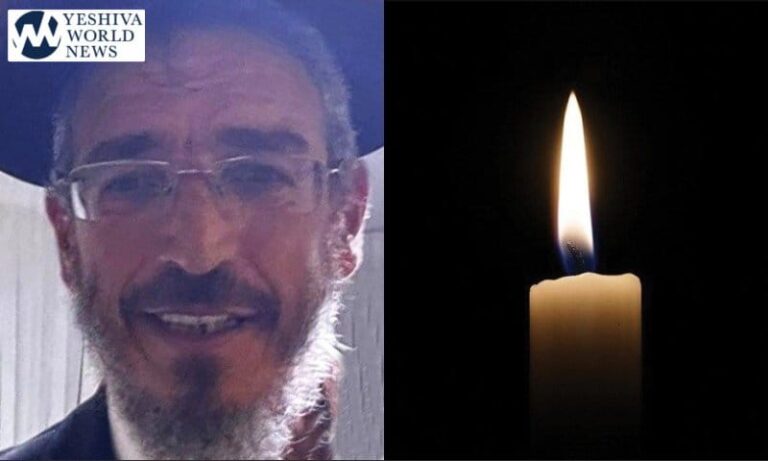

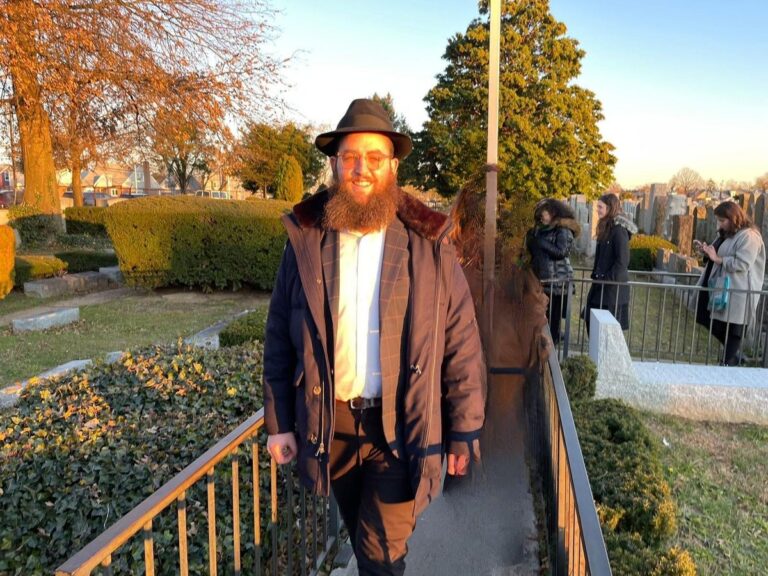
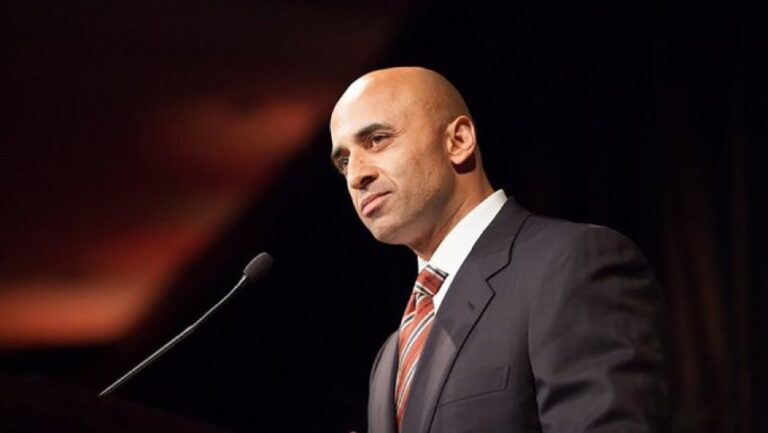

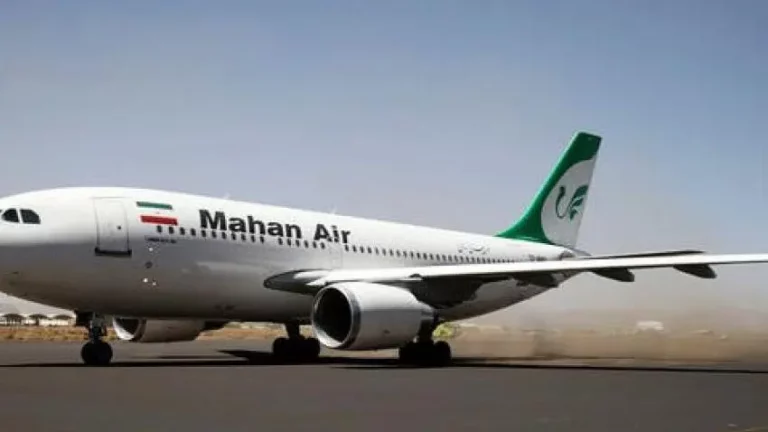
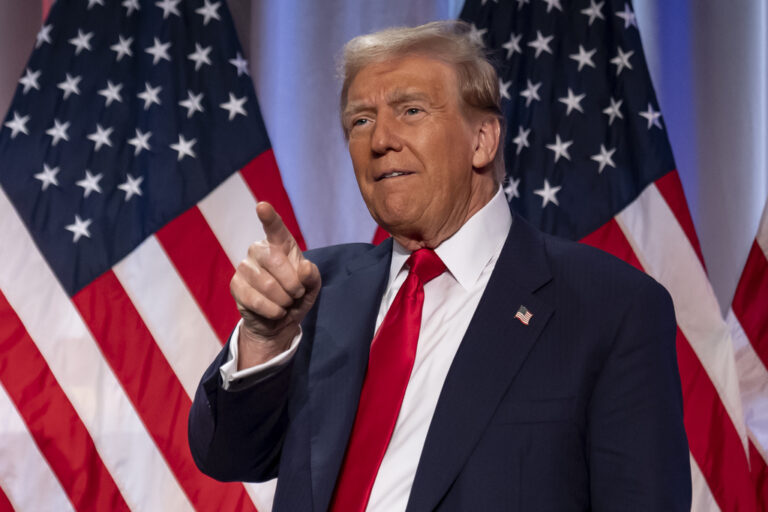
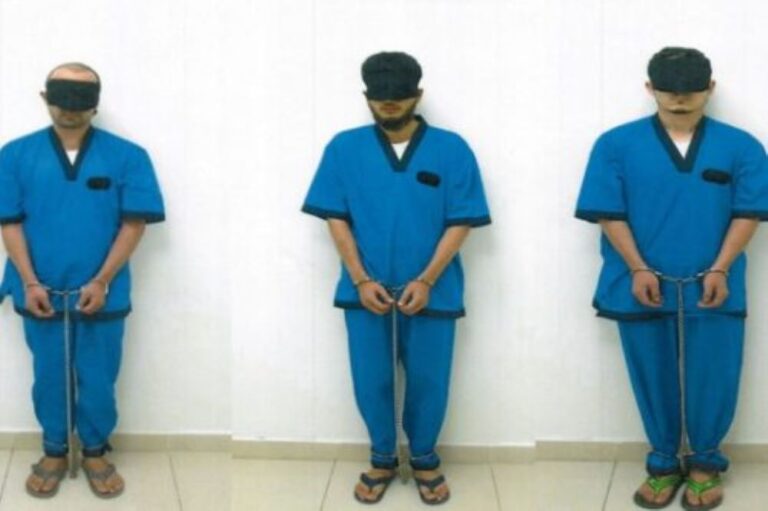

2 Responses
At least he hasn’t gone to Germany to apolgize for the US having leveled most of their cities and killing a large percentage of their male population (okay, we did have help from the Russians and the Brits).
Is there a way that we can get rid of Obama a couple of months earlier